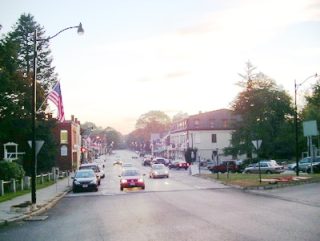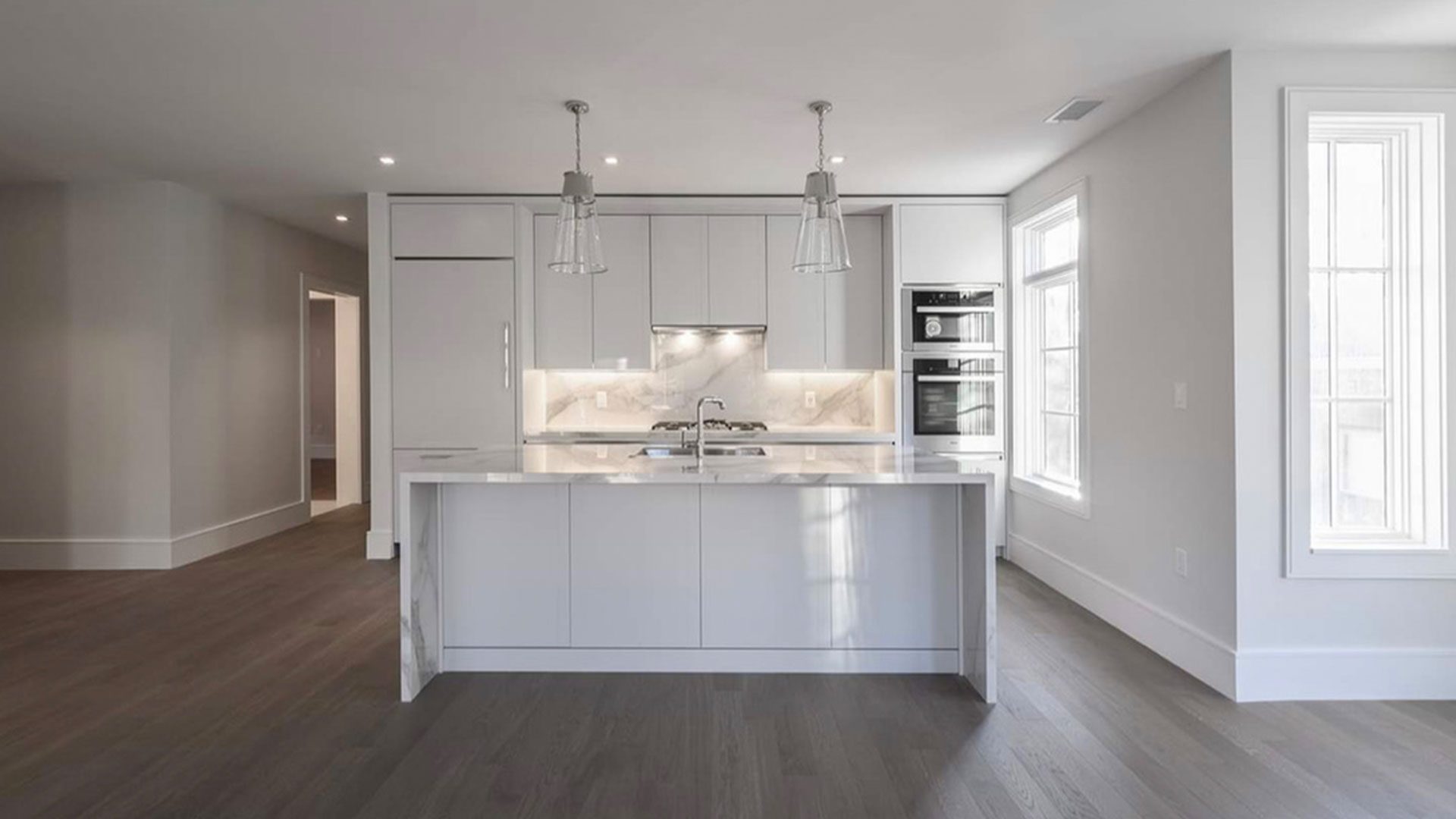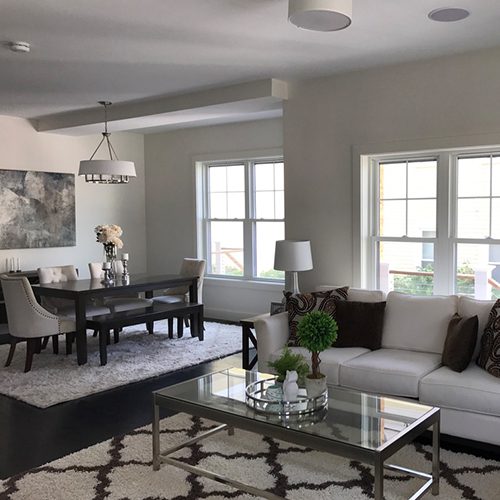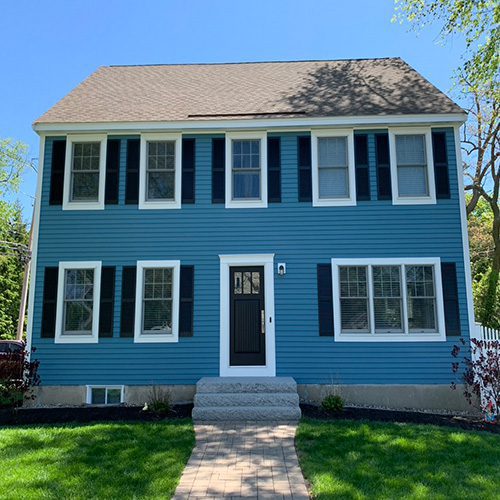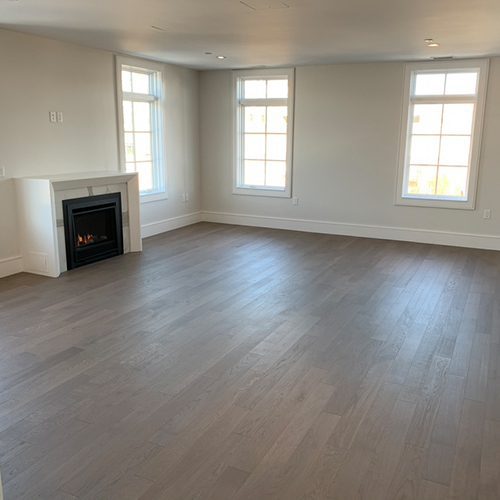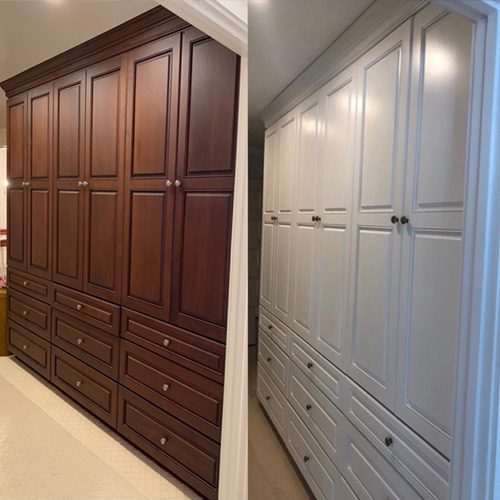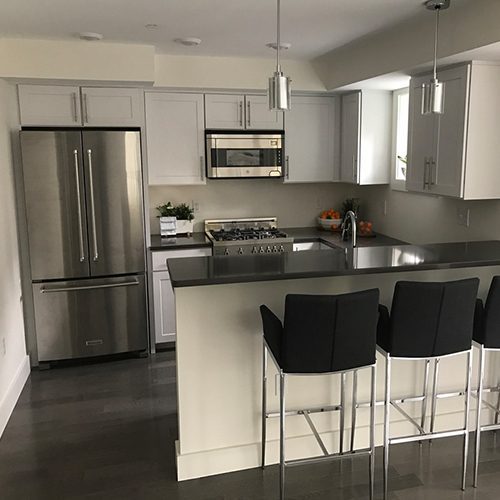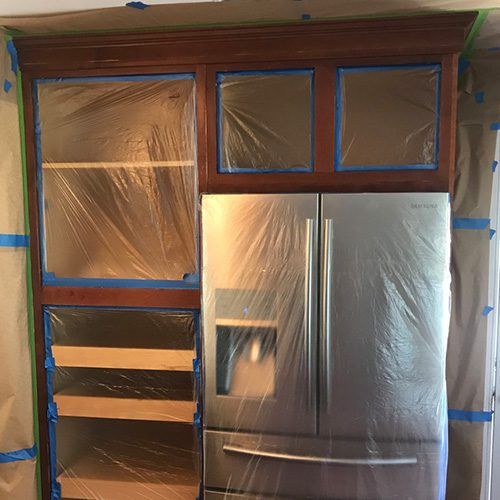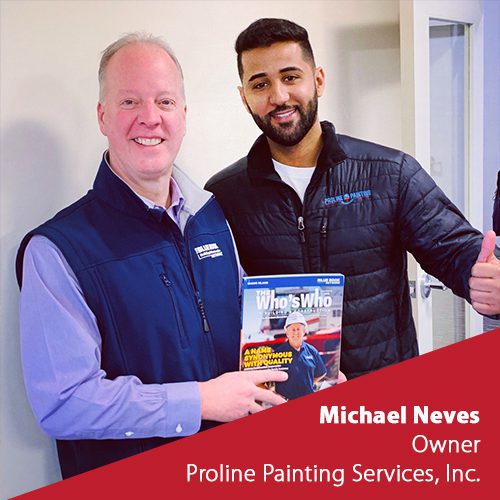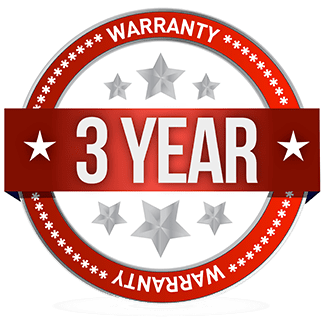Kitchen Cabinet Refinishing Concord MA
[geocentric_weather id=”d1f8fc6b-9957-4985-afc1-c77632553c66″]
Looking for Kitchen Cabinet Refinishing Services in Concord, Massachusetts?
Are you a Homeowner? Business Owner? Property Manager? Or maybe someone just looking for more information on the best Concord MA kitchen cabinet refinishing services? You’re in the right place…DO YOU HAVE THESE PROBLEMS:
- Replacing kitchen cabinets too expensive
- Time for a color change?
- New Home Or Apartment?
Proline Painting Services, a top-rated painter specializing in kitchen cabinet refinishing, has helped thousands of Concord homeowners, business owners, property managers, and other individuals in the Greater Boston, MA area. After some research, we’re confident you’ll find us to be the right kitchen cabinet refinishing team to handle your kitchen cabinet refinishing project.
Why Choose
Proline Painting Services Is The Best Kitchen Cabinet Refinishing Services in Concord MA?
In short…Because we have a reputation for quality work and being budget friendly. Our customer service is second to none. Our team is always responsive, courteous, friendly, and respectful.
At Proline Painting Services, we do it all! From conception to completion, we handle every aspect of your painting or restoraton project. This integrated approach reduces project time and money by streamlining each phase of implementation and eliminating the delays that often plague sub-contracted projects.
With Proline Painting Services, you’ll receive:
- Quality workmanship that is guaranteed to last
- Work from licensed professionals who are honest and hardworking
- Dependable service that is completed on time and on budget
- Free estimates and a fully insured crew
To review the creativity of our work and the quality of our craftsmanship, simply take a look at our Photo Gallery. Our decades worth of painting projects speak for themselves! From custom commercial projects to house painting, and more — You can trust your project or business property to our team of experts.
Residential & Commercial
Full Service Painting Company
Interior House Painter
Concord MA
Click Here
Exterior House Painter
Concord MA
Click Here
Concord
Painting Company
Click Here
Benefits of Repainting Your Kitchen Cabinets
When your cabinets start to look old or outdated, they can bring down the value of your home. They can also make your kitchen feel unwelcoming or dirty. Kitchen cabinet repainting comes with many benefits, including:
- Avoiding the dust and noise that comes with cabinet installation
- No demolition
- Saving money
- Quicker results than replacement
- No need to relevel or redo your plumbing
- Keeping your kitchen in service
If you have old but still usable cabinets, you may want to save them. Often, older cabinets are of better quality than more recent ones. You can bring your current cabinets back to life with kitchen cabinet finishing.
Are you improving your home before you put it on the market? If so, you need to choose your home improvements wisely, so you don’t lose money.
Replace Your Cabinets or Refinish Them?
While replacing your cabinets is the more expensive choice, it may be necessary. When you wonder whether to replace or refinish, consider:
- Functionality. If the location of your cabinets doesn’t work for you, it may be time to replace them.
- Time. Installing a new kitchen can take months, while repainting may only take a week. Think about how long you are willing and able to live without your kitchen.
- Repair. If you have damaged cabinets, you can typically opt for repair. However, extensive damage may make replacement the cheaper option.
The kitchen cabinet refinishing cost is worth it if you like the current layout of your kitchen or bathroom. You can always reface your cabinetry and add other functional accessories. If you need advice on the best option for your space, call Proline Painting today.
What Makes Us Different?
FULLY INSURED
We’re fully insured and bonded to handle all requests.
budget Friendly
We're willing to discuss projects constrained by a budget.
Quick Service
We show up on time and finish ahead of schedule regularly.
Friendly Team
Our crew is pleasant and easy to talk to on the job site.
Steps to Refinishing Cabinets
The steps to cabinet refinishing can vary, and so can the amount of time it takes to complete the job. When you look for “kitchen cabinet refinishing near me” expect us to:
- Clean all surfaces thoroughly
- Spread cloths on countertops and floors
- Find the correct solution to strip your cabinets
- Use a wood filler to repair holes and then sand the area
- Paint the wood your desired color and apply the stain and varnish
Sometimes you will want to disassemble your cabinets before you begin. When you do, label the parts to make sure you put them back in the right place. If you can, do your painting outside or somewhere with proper ventilation.
Stripping the cabinets may take trial and error if you do not know the current finish. Some common finishes include:
- Shellac
- Lacquer
- Polyurethane
- Water-based
- Latex- or oil-based paint
Our team completes the steps of kitchen cabinet refinishing efficiently and expertly. Call us today for a free estimate and ask us how we can upgrade your kitchen.
How to Refinish Cabinets with Paint
Once you choose a paint color, we come in and do your kitchen or bathroom cabinet refinishing onsite. We use high-quality materials, so our results are:
- Durable
- Long-lasting
- Washable
The kitchen is a busy area in the house. Therefore, cabinets need paint that wears well. Drips from your sink, steam from a dishwasher, and heat from the stovetop can all affect your paint’s finish.
Depending on the surface and your preference, we apply the paint using a spraying method or a traditional brush. Spraying provides a smooth, sleek appearance. If you aren’t sure which method you want, our skilled painters will show you samples of both.
You should always do refinishing work in dry conditions. If you do not have an air-conditioned area, consider scheduling your kitchen cabinet finishing in the winter. Call us for cabinet painting at any time of year.
Talk to an Expert
We understand that sometimes you just want to talk before scheduling a consultation. Our team will gladly answer any of your questions or help you with any of your concerns.
Call Mike now! — (617) 838-3014
Testimonials From Happy Customers
★★★★★
Top-Rated House Painters
Focused On Quality Craftsmanship And Customer Service
Request A Virtual Estimate Today!
We’d be happy to evaluate your cabinet project, discuss your needs, and provide you with a competitive estimate without setting foot in your home, unless absolutely necessary.
Interior House Painter
Concord MA
Click Here
Exterior House Painter
Concord MA
Click Here
Concord
Painting Company
Click Here
MAP OF Concord, MA
[geocentric_mapembed id=”d1f8fc6b-9957-4985-afc1-c77632553c66″]
Concord OVERVIEW
Concord, Massachusetts | |
|---|---|
Town | |
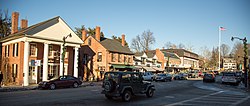 View of Concord’s Main Street, looking east | |
 Seal | |
| Motto(s): Quam Firma Res Concordia (Latin) “How Strong Is Harmony” | |
 Location in Middlesex County, Massachusetts | |
 Concord, Massachusetts | |
| Coordinates: 42°27′37″N 71°20′58″W / 42.46028°N 71.34944°WCoordinates: 42°27′37″N 71°20′58″W / 42.46028°N 71.34944°W | |
| Country | United States |
| State | Massachusetts |
| County | Middlesex County |
| Settled | 1635 |
| Incorporated | September 12, 1635 |
| Founded by | Peter Bulkley and Simon Willard |
| Government | |
| • Type | Open town meeting |
| Area | |
| • Total | 25.9 sq mi (67.4 km2) |
| • Land | 24.9 sq mi (64.5 km) |
| • Water | 1.0 sq mi (2.5 km2) |
| Elevation | 141 ft (43 m) |
| Population (2020) | |
| • Total | 18,491 |
| • Density | 710/sq mi (270/km) |
| Time zone | UTC−5 (Eastern) |
| • Summer (DST) | UTC−4 (Eastern) |
| ZIP Code | 01742 |
| Area code | 351 / 978 |
| FIPS code | 25-15060 |
| GNIS feature ID | 0619398 |
| Website | www.concordma.gov |
Concord is a town in Middlesex County, Massachusetts, in the United States. At the 2020 census, the town population was 18,491. The United States Census Bureau considers Concord part of Greater Boston. The town center is near where the confluence of the Sudbury and Assabet rivers forms the Concord River.
The area that became the town of Concord was originally known as Musketaquid, an Algonquian word for “grassy plain.” Concord was established in 1635 by a group of English settlers; by 1775, the population had grown to 1,400. As dissension between colonists in North America and the British crown intensified, 700 troops were sent to confiscate militia ordnance stored at Concord on April 19, 1775. The ensuing conflict, the battles of Lexington and Concord, were the incidents (including the shot heard round the world) that triggered the American Revolutionary War.
A rich literary community developed in Concord during the mid-19th century, centered around Ralph Waldo Emerson. Emerson’s circle included Nathaniel Hawthorne, Louisa May Alcott and Henry David Thoreau. Major works written in Concord during this period include Alcott’s novel Little Women, Emerson’s essay Self-Reliance, and Thoreau’s Walden and Civil Disobedience. In this era, the now-ubiquitous Concord grape was developed in Concord by Ephraim Wales Bull.
In the 20th century, Concord developed into an affluent Boston suburb and tourist destination, drawing visitors to the Old North Bridge, Orchard House and Walden Pond. The town retains its literary culture and is home to notable authors, including Doris Kearns Goodwin, Alan Lightman and Gregory Maguire. Concord is also notable for its progressive and environmentalist politics, becoming in 2012 the first community in the United States to ban single-serving PET bottles.
ABOUT Concord, MA
History
Prehistory and founding
The area which became the town of Concord was originally known as “Musketaquid”, situated at the confluence of the Sudbury and Assabet rivers. The name was an Algonquian word for “grassy plain”, fitting the area’s low-lying marshes and kettle holes. Native Americans had cultivated corn crops there; the rivers were rich with fish and the land was lush and arable. The area was largely depopulated by the smallpox plague that swept across the Americas after Europeans arrived.
In 1635, a group of English settlers led by Rev. Peter Bulkeley and Major Simon Willard received a land grant from the General Court and negotiated a land purchase with the local indigenous tribes. Bulkeley was an influential religious leader who “carried a good number of planters with him into the woods”; Willard was a canny trader who spoke the Algonquian language and had gained the trust of Native Americans. They exchanged wampum, hatchets, knives, cloth, and other useful items for the six-square-mile purchase from Squaw Sachem of Mistick, which formed the basis of the new town, called “Concord” in appreciation of the peaceful acquisition.
Battle of Lexington and Concord
The Battle of Lexington and Concord was the first conflict in the American Revolutionary War. On April 19, 1775, a force of British Army regulars marched from Boston to Concord to capture a cache of arms that was reportedly stored in the town. Forewarned by Samuel Prescott (who had received the news from Paul Revere), the colonists mustered in opposition. Following an early-morning skirmish at Lexington, where the first shots of the battle were fired, the British expedition under the command of Lt. Col. Francis Smith advanced to Concord. There, colonists from Concord and surrounding towns (notably a highly drilled company from Acton led by Isaac Davis) repulsed a British detachment at the Old North Bridge and forced the British troops to retreat. Subsequently, militia arriving from across the region harried the British troops on their return to Boston, culminating in the siege of Boston and the outbreak of the war.
The colonists initially publicized the battle as an example of British brutality and aggression; one colonial broadside decried the “Bloody Butchery by the British Troops”. But a century later, the conflict was remembered proudly by Americans, taking on a patriotic, almost mythic status (“the shot heard ’round the world”) in works like the “Concord Hymn” and “Paul Revere’s Ride”. In 1894, the Lexington Historical Society petitioned the Massachusetts State Legislature to proclaim April 19 “Lexington Day”. Concord countered with “Concord Day”. Governor Greenhalge opted for a compromise: Patriots’ Day. In April 1975, Concord hosted a bicentennial celebration of the battle, featuring an address at the Old North Bridge by President Gerald Ford.
Literary history
Concord has a remarkably rich literary history centered in the 19th century around Ralph Waldo Emerson (1803–1882), who moved there in 1835 and quickly became its most prominent citizen. A successful lecturer and philosopher, Emerson had deep roots in the town: his father, Rev. William Emerson (1769–1811), grew up in Concord before becoming an eminent Boston minister, and his grandfather, William Emerson Sr., witnessed the battle at the North Bridge from his house, and later became a chaplain in the Continental Army. Emerson was at the center of a group of like-minded Transcendentalists living in Concord. Among them were the author Nathaniel Hawthorne (1804–1864) and the philosopher Amos Bronson Alcott (1799–1888), the father of Louisa May Alcott (1832–1888). A native Concordian, Henry David Thoreau (1817–1862) was another notable member of Emerson’s circle. This substantial collection of literary talent in one small town led Henry James to dub Concord “the biggest little place in America.”
Among the products of this intellectually stimulating environment were Emerson’s many essays, including Self-Reliance (1841), Louisa May Alcott’s novel Little Women (1868), and Hawthorne’s story collection Mosses from an Old Manse (1846). Thoreau famously lived in a small cabin near Walden Pond, where he wrote Walden (1854). After being imprisoned in the Concord jail for refusing to pay taxes in political protest against slavery and the Mexican–American War, Thoreau penned the influential essay “Resistance to Civil Government”, popularly known as Civil Disobedience (1849). Evidencing their strong political beliefs through actions, Thoreau and many of his neighbors served as station masters and agents on the Underground Railroad.
THINGS TO DO Concord
[geocentric_thingstodo id=”d1f8fc6b-9957-4985-afc1-c77632553c66″]
DRIVING DIRECTIONS
[geocentric_drivingdirections id=”d1f8fc6b-9957-4985-afc1-c77632553c66″]
NEIGHBORHOODS
[geocentric_neighborhoods id=”d1f8fc6b-9957-4985-afc1-c77632553c66″]
BUS STOPS
[geocentric_busstops id=”d1f8fc6b-9957-4985-afc1-c77632553c66″]

